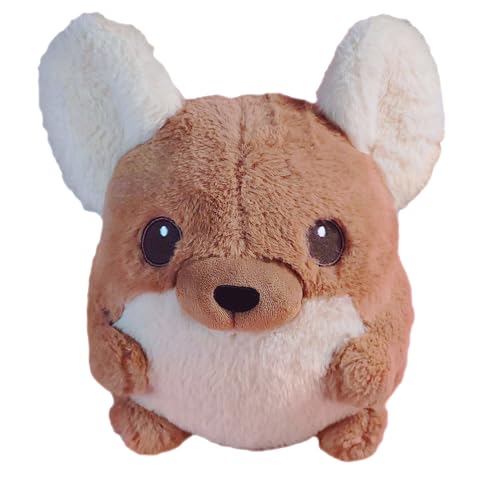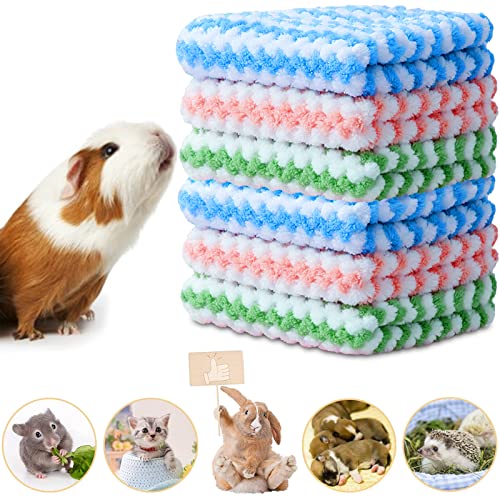I think I am mostly concerned about being proactive and making sure I don't let Tink's front teeth get too long. I had a hamster die recently, and after death I was able to get a good look at his teeth. He never chewed on any of the sticks or toys I gave him, and his front teeth seemed long and ragged. It got me thinking about healthy chin teeth. Tink constantly chews on wood sticks, but even with good chew toys, can their front teeth still get too long? Drooling and pawing at the mouth would be signs of this? Tink will occasionally paw at her mouth, but not regularly, and there is definately no drooling. She might be just grooming. I know it can be stressful to take a chin to the vet, but at the same time, I don't want a small problem to become big. I don't see any teeth protruding, so I guess as long as she isn't drooling or excessively pawing at her mouth, then she should be fine? She is 4 now - I have had her for a year. I don't think her previous owner ever took her to the vet. Would it still be a good idea to proactively take them every few years for a dental check?
And I think what Ticklechin means by a drill would be a dental drill. Not something we would find at the hardware store. My chin barely lets me catch a glimpse of her teeth, and would certainly never let me do any clipping or drilling!















































